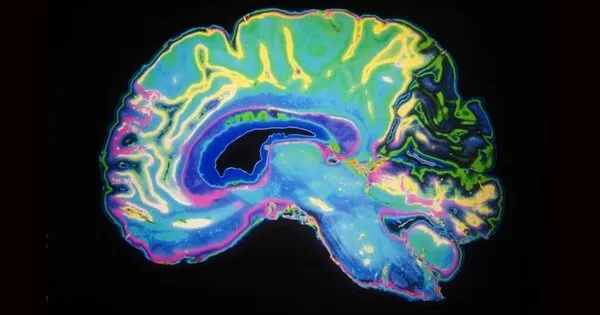Migraine is a common neurological disorder characterized by recurring headaches, which are frequently accompanied by nausea, vomiting, and sensitivity to light and sound. In terms of pregnancy, there is some evidence that suggests a link between migraines and certain complications, though the relationship is complex and not fully understood.
According to a preliminary study released today, February 24, 2022, women with migraine may be at a higher risk of pregnancy complications such as preterm delivery, gestational high blood pressure, and preeclampsia. The study will be presented at the American Academy of Neurology’s 74th Annual Meeting, which will be held in person in Seattle, April 2 to 7, 2022, and virtually, April 24 to 26, 2022.
Researchers also discovered that women who have migraine with aura may be at a slightly higher risk of preeclampsia than women who do not have migraine with aura. Auras are sensations that occur prior to a headache, and are frequently visual disturbances such as flashing lights. Preeclampsia is characterized by high blood pressure along with additional symptoms such as protein in the urine during pregnancy, and it can endanger the mother and baby’s lives.
Our large prospective study found links between migraine and pregnancy complications that could help inform doctors and women with migraine of potential risks they should be aware of during pregnancy.
Alexandra Purdue-Smithe
“Roughly 20% of women of childbearing age experience migraine, but the impact of migraine on pregnancy outcomes has not been well understood,” said study author Alexandra Purdue-Smithe, Ph.D., of Brigham and Women’s Hospital in Boston. “Our large prospective study found links between migraine and pregnancy complications that could help inform doctors and women with migraine of potential risks they should be aware of during pregnancy.”
Over a 20-year period, researchers examined over 30,000 pregnancies in approximately 19,000 women. Of those pregnancies, 11% of the women reported being diagnosed with migraine by a doctor prior to pregnancy.
Preterm delivery, defined as a baby born before 37 weeks gestation, gestational diabetes, gestational high blood pressure, preeclampsia, and low birthweight were all investigated by the researchers.

After controlling for age, obesity, and other behavioral and health factors that may influence the risk of complications, researchers discovered that women with migraine had a 17% higher risk of preterm delivery, a 28% higher risk of gestational high blood pressure, and a 40% higher risk of preeclampsia when compared to women without migraine. Preterm birth occurred in 10% of the 3,881 pregnancies among migraine women, compared to 8% of pregnancies among migraine women.
For gestational hypertension, 7% of migraine-affected pregnancies developed the condition, compared to 5% of migraine-affected pregnancies. Preeclampsia occurred in 6% of pregnancies among migraine women, compared to 3% of pregnancies among women who did not have migraine.
In addition, when looking at migraine with and without aura, women who had migraine with aura were 51% more likely to develop preeclampsia during pregnancy than women without migraine, while those who had migraine without aura were 29% more likely.
Researchers found that migraine was not associated with gestational diabetes or low birthweight.
“While the risks of these complications are still quite low overall, women with a history of migraine should be aware of and consult with their doctor on potential pregnancy risks,” said Purdue-Smithe. “More research is needed to determine exactly why migraine may be associated with higher risks of complications. In the meantime, women with migraine may benefit from closer monitoring during pregnancy so that complications like preeclampsia can be identified and managed as soon as possible.”
Although migraine history was reported prior to pregnancy, information on migraine aura was not collected until much later in the study, after many of the pregnancies had ended. As a result, the findings for migraine aura may have been influenced by participants’ ability to recall their experiences accurately. Another limitation was the lack of information on migraine attack frequency and other migraine characteristics. More research is needed to address these limitations and better inform how pregnant women with a migraine history should be screened and monitored for potential pregnancy complications.





